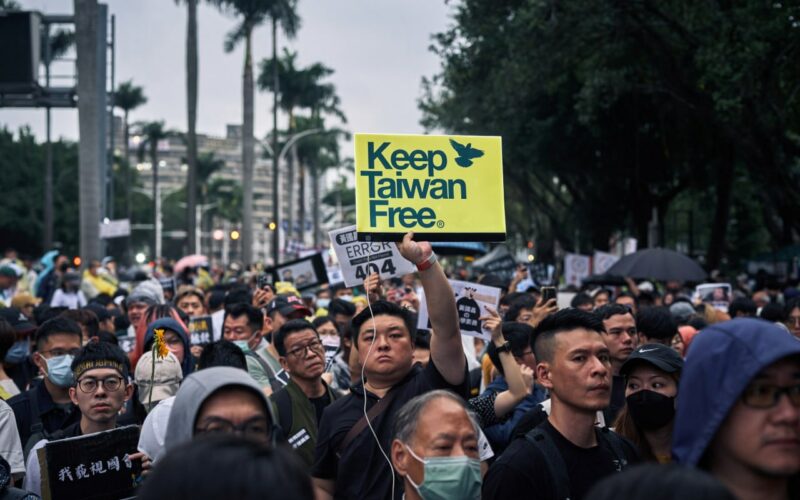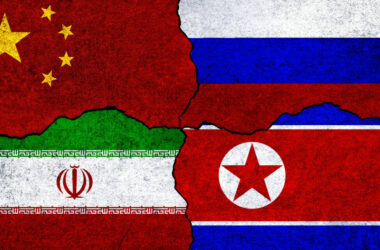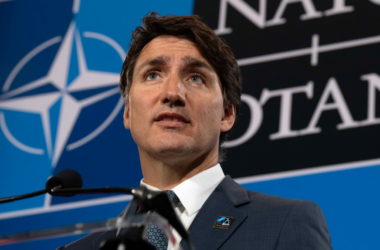Tens of thousands of supporters of Taiwan’s ruling Democratic Progressive Party (DPP) are expected to gather outside the parliament on Friday in response to the advancement of a highly controversial “contempt of parliament” bill. The bill, championed by the opposition Kuomintang party (KMT), seeks to address the power imbalance between the legislature and Taiwan’s powerful presidency.
The KMT argues that the bill is necessary to enhance the parliament’s ability to interrogate and investigate the executive branch, including the authority to subpoena government officials and private individuals for sensitive documents. A key component of the bill introduces a “contempt of legislature” clause, imposing fines and potentially up to one year of imprisonment for officials who disrespect parliament. Legal scholars have criticized this clause, claiming it exceeds norms found in other democratic nations.
Since its introduction in May, the bill has ignited significant public unrest, leading to mass protests in Taipei. Initially passed but then vetoed by the premier, the bill has returned to parliament with expected swift passage due to a fragile coalition of the KMT, the smaller Taiwan People’s Party (TPP), and independents.
The ruling DPP has mobilized its supporters to demonstrate against the bill, viewing it as an unconstitutional power grab designed to undermine President William Lai Ching-te’s administration. DPP supporters, spanning various demographics, express concerns about the bill’s potential to expand legislative powers unjustly and without public consent.
The protests highlight the deep political rift between the DPP and the KMT. Historically, the KMT, the party of Chinese nationalists, ruled Taiwan authoritatively, suppressing pro-democracy movements. Today, the two parties contest power democratically, yet old suspicions and political tensions persist, leading to legislative gridlock.
Many DPP supporters suspect the bill is influenced by Beijing, citing frequent visits of senior KMT politicians to China and alleging collusion. However, the KMT vehemently denies these accusations, insisting the bill aims solely to enhance executive accountability. The KMT recalls that during its tenure from 2008 to 2016, it resisted similar legislative demands from the then-opposition DPP.
With the looming threat of China, Taiwan’s political landscape faces heightened challenges. Yet, the current legislative and executive discord risks diverting focus from addressing external threats, potentially hindering the country’s governance and stability.








